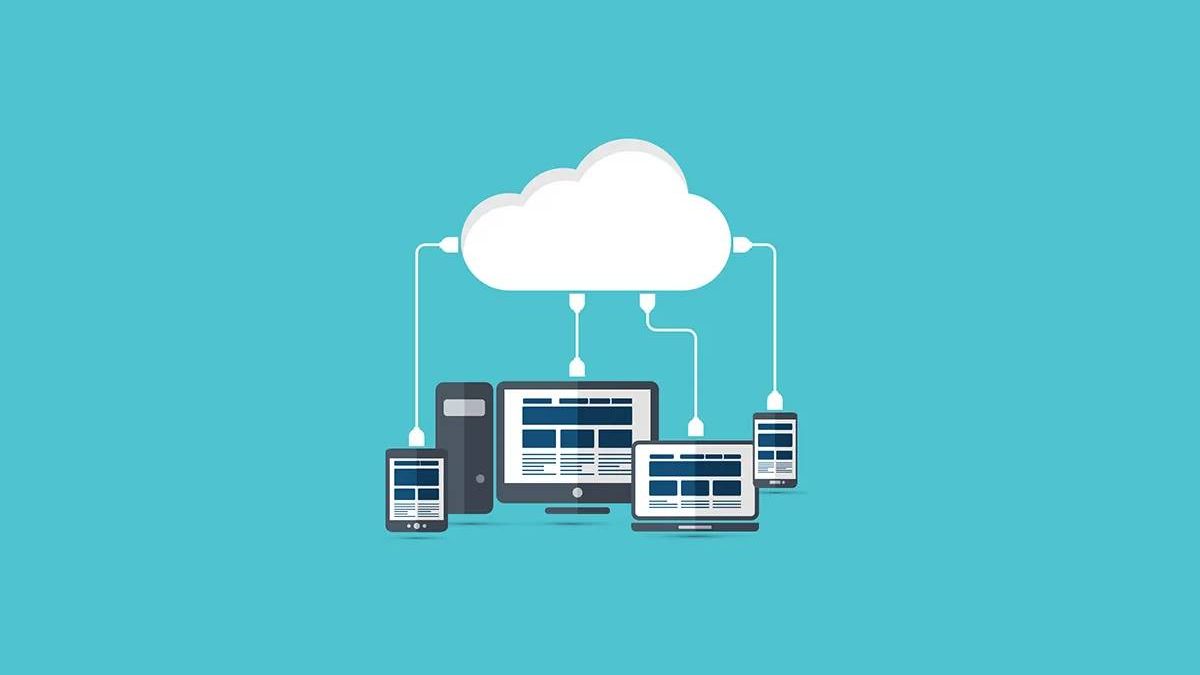The basis of contemporary business is data. You cannot manage your business without it. To establish an efficient data backup strategy for your business, it is crucial to emphasize its importance adequately.
Data backups are a crucial component of any data management plan, as we are all aware. By making a copy of your data that you may utilize in an emergency, a backup safeguards your company against data loss. Continue reading this article to have a better understanding of it.
Table of Contents
Understanding Data Backup
Making copies of the data on a computer or other storage device in order to keep the original data secure in case it is lost or destroyed is known as data backup. Data backups are crucial for both people and companies.
If you don’t have it, your business might lose important information or waste time and resources attempting to retrieve it. You can recover your data from a backup copy in the sad event that your server fails or your computer is attacked maliciously.
Not just the company data is in jeopardy here. Your business as a whole might be in danger if your network is breached, your data is lost, or both. Data backups are essential to be ready at times like this. You have full discretion as to how often you want your backup to be done.
Data Backup: Its Importance and How Can You Make Use of It?
In the current world, data is an organization’s most important asset. It has developed into a crucial element of every firm and is utilized to produce new products, services, and solutions. Your data may suffer significant loss as a result of cyber assaults, human mistakes, and accidental deletion. You must have a solid data backup policy in place to prevent this. Data backup may be carried out using a variety of techniques and instruments.
You must understand that data backup is a crucial matter for company owners to consider. Given that, in the case of potential risks, this action might make or break your company, it ought to be one of your top objectives.
Exploring Data Backups: What Are the Different Types and Their Cases?
There are multiple instances that can cause data loss. You must put up an effective backup strategy to help lessen the effects if you encounter these types of problems. Your data may be backed up in a variety of methods. Some of them might be:
Full Backup
In a full backup, all the folders and files are being backed up. In any event of possible risk, you can rest easy knowing that your data is fully backed up and can be restored, whichever you desire.
The frequency of your full backups totally depends on how often you need it. Full backups entail transferring every piece of data on the hard disk, which takes longer than incremental backups.
An important consideration with full backups is how you intend to restore from them. If you want to restore individual files or folders from an entire backup file, then you’ll need an application that supports this type of restore operation.
You can use full backup in the following:
- Transferring data quickly without the possibility of losing access.
- Transferring your data to another form of storage
- In the event of upgrading your software, you can make use of full backups to have a smooth transition.
- This is also helpful in archiving your data.
- During possible unwanted deletion or malware, you can easily restore the data you need.
You must note that full backups don’t include information about events that have occurred since the last full backup. For instance, if you do a full backup on Monday and then add three new files on Tuesday, and there are no changes with it will be present in your future full backup.
Use incremental backups in its place if you want to keep all of the changes made to your files while still guarding against catastrophic failures.
Incremental Backup
Incremental backup is a type of data backup that saves only the changes made to the data since the last full backup. In other words, incremental backups are a subset of full backups. As you can imagine, incremental backups take less time and space than their full counterparts.
The best advantage of using incremental backups is that you don’t have to make frequent full backups because this type of backup only captures changes from the last time. However, it still requires storage space for storing all previous versions of your data in case you need them.
Although they simply preserve the changes since the last backup and not all the information from every single file, incremental backups are substantially quicker than full backups. It’s crucial to retain numerous copies of your data in various locations, such as online storage services or external hard drives, as incremental backups might not be as trustworthy as complete ones.
Differential Backup
If your company has limited resources, this backup type is perfect for your needs. It requires less storage compared to full or incremental backups. It works by scanning all files in a directory, including those that are unchanged, and comparing them to their last known good versions to create an archive that only contains the files that have changed since the previous full or incremental backup.
You may not notice it, but there are instances that the same data is being backed up which causes redundancy. With differential backup, you can definitely save storage because not every file needs it, especially if it’s the same.
On the other hand, this type of backup plan is in need of full restoration of the data that has been deleted. After the full restoration, you can now use your differential backups to restore specific data that you need.
Conclusion
The right backup plan is what your company needs to be ready in any event of potential risk. You may not take it as a top priority, but that is where you are at mistake. In every company, it is essential to have an effective backup strategy to safeguard any data that you have. Having the right backup plan will need proper planning and successful implementation.
Related posts
Sidebar
Recent Posts
Engage Your Students With Typing Website – MonkeyType
Introduction Are you looking for a fun way to improve your students’ typing skills? Look no further than Monkeytype, the…
The Power of Loyalty Platforms: Driving Customer Retention
Are you struggling to keep customers coming back to your business? Discover the power of Yotpo’s loyalty platforms in driving…



